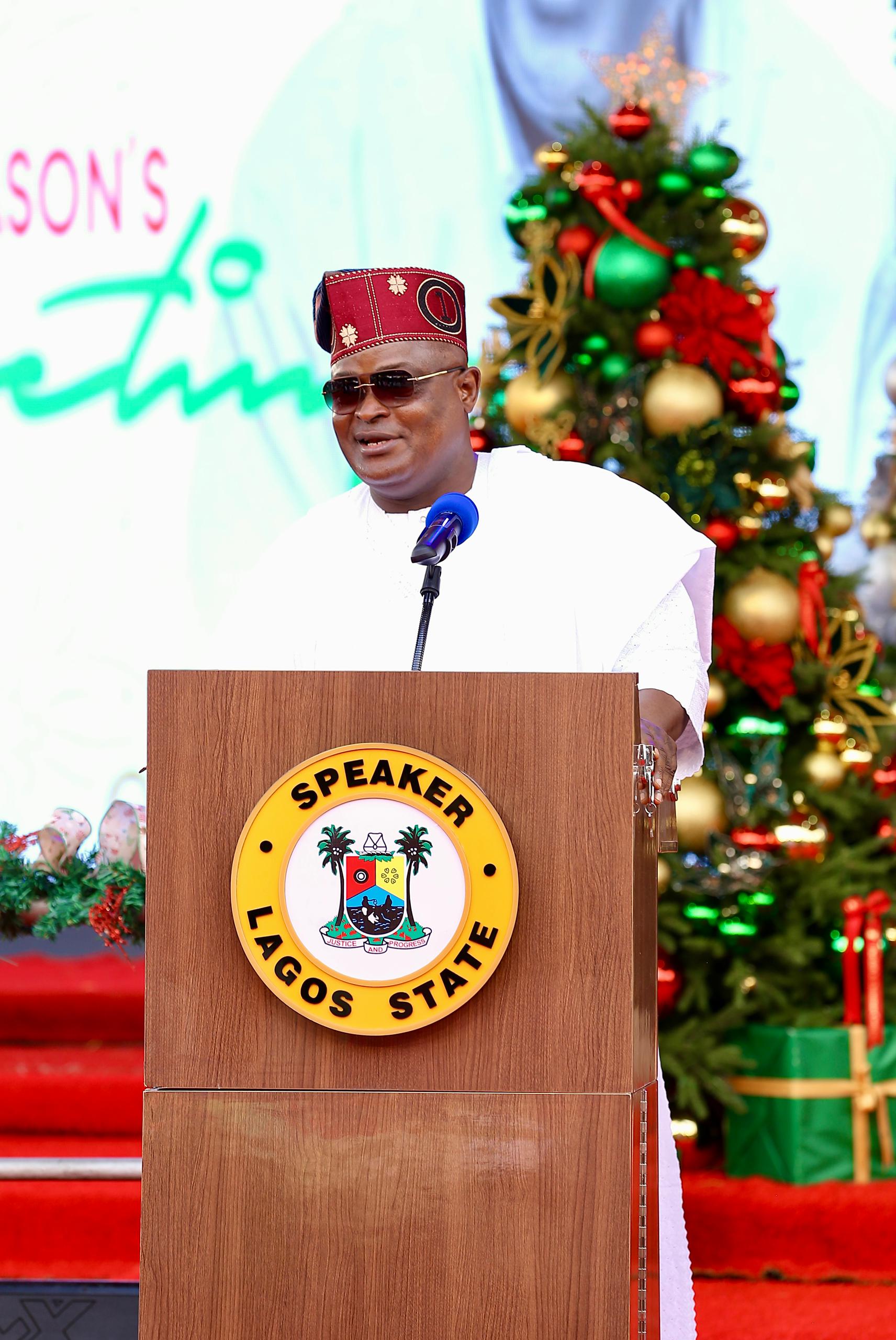The Naira-for-Crude policy faces uncertainty after the Dangote refinery halts naira transactions, with insiders hinting at possible renewal talks
[dropcap]T[/dropcap]here are growing indications that the Nigerian government’s controversial Naira-for-Crude policy may continue, despite uncertainties surrounding its renewal.
Also read: Dangote petroleum refinery temporarily halts petroleum sales in Naira
Sources familiar with the deal revealed on Monday that discussions for its continuation are expected to resume shortly, as the initial six-month agreement between the Federal Government, Nigerian National Petroleum Corporation (NNPC), and Dangote Petroleum Refinery officially ended on March 31, 2025.
Since the expiry of the deal, the Dangote refinery has halted its sales of refined petroleum products in naira, as the terms of the agreement were not renewed.
The Naira-for-Crude initiative, which started on October 1, 2024, was aimed at bolstering local fuel supply, cutting down on expensive foreign imports, and reducing fuel pump prices.
According to a senior government official, the policy’s positive impact on Nigeria’s economy has made it a likely candidate for continuation.
“The initiative has had a significant effect on key economic indicators, including the fuel price and the foreign exchange rate,” the source said.
“The policy is set to continue, but the committee is still awaiting the Nigeria Upstream Petroleum Regulatory Commission’s report before making further decisions.”
The Naira-for-Crude policy was initially designed to allow the sale of crude oil to Dangote refinery in exchange for naira, helping reduce the country’s reliance on expensive foreign petrol imports.
Under the arrangement, NNPC was tasked with supplying crude oil to Dangote refinery, which in turn was expected to produce refined products for the Nigerian market.
However, the deal has faced multiple challenges, including supply shortfalls and issues with payment terms.
As of March 2025, Dangote refinery has processed approximately 400,000 barrels of crude oil per day, with about 35% of this crude coming from international imports.
A report by S&P Global revealed that the refinery imported roughly 140,000 barrels of crude daily, amounting to 12.6 million barrels over the last three months.
Despite the success of the initiative, some stakeholders have raised concerns. A refinery executive noted that the naira-based transaction system has exposed the plant to risks, particularly the volatility between naira and dollar-based pricing benchmarks.
“When we buy crude in naira and sell refined products in naira, the exchange rate fluctuations create unforeseen financial risks,” the official said.
The refinery has also begun to diversify its feedstock, with S&P Global reporting that Dangote has sourced crude oil from international suppliers such as Brazil and Equatorial Guinea.
Brazil’s Petrobras shipped its first cargo of Tupi crude to the refinery on March 26, 2025, marking a shift towards a broader range of oil supplies in response to fluctuating domestic availability.
The status of the Naira-for-Crude deal has created uncertainty within the industry. A Dangote executive expressed concern about the renewal process, stating, “We are not sure if the deal will be renewed or if the terms will remain the same. There is significant uncertainty surrounding the future of the deal.”
Meanwhile, the Human Rights Writers Association of Nigeria (HURIWA) has urged President Bola Ahmed Tinubu to ensure the deal’s renewal.
In a statement, HURIWA warned that the suspension of the policy could lead to a surge in petrol prices, further burdening Nigerians already grappling with economic hardship.
Emmanuel Onwubiko, HURIWA’s National Coordinator, highlighted the potential devastating effects on millions of Nigerians, particularly those relying on small businesses or petrol-powered generators.
“Any disruption to this policy could exacerbate poverty and hardship for already struggling households,” Onwubiko said.
Also read: Dangote oil refinery faces N32.5bn loss following petrol price cut
The association has called on President Tinubu to quickly direct his economic team to negotiate a new agreement with local refineries to continue the Naira-for-Crude policy.
























